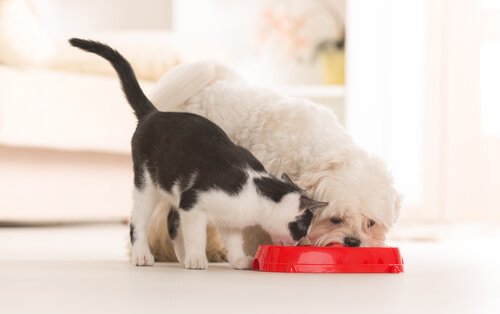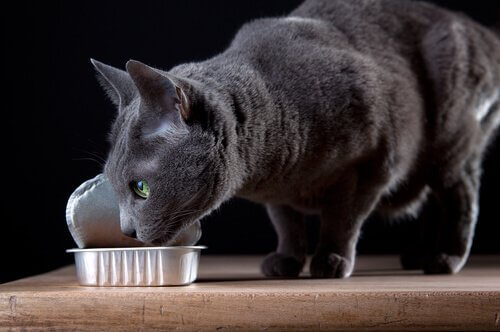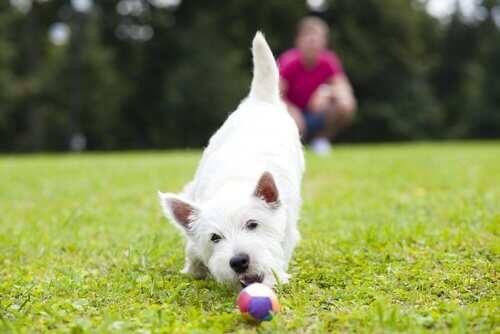Pet Health: Finding the Proper Food for Pets

If you want to give your pets the proper food, you need to pay close attention to their nutritional needs at different stages of their life and to their species and breed. Besides that, and whether you’re buying food at the store or making it at home, it needs to be high-quality.
Campaigns about the proper food for pets
There are lots of opinions out there when it comes to the best diet for different pets. People often take extreme positions. On the one hand, you have people who’ll defend kibble and store-bought food to the end, saying that it’s made specifically with your dog or cat’s nutritional needs in mind. They say it’s the only diet that truly gives them all the nutrients they need.

On the other hand, there are also many people who advocate for homemade food with natural ingredients. They think that industrial foods are actually bad for their pets.
Then there are those people who think that animals, even house pets, should eat the way they used to when they were wild. These people are advocating for a “raw diet.”
Besides the type of food you give them, it’s important to remember that your pets need quality food that meets their nutritional needs at the specific stage of life they’re in. So, make sure you do a little research and get different opinions before you make any decisions.
Things to think about when it comes to the proper food for pets
Here at My Animals, we suggest that you make sure you’re well informed before you make any decisions about what food to give your furry friends. Here are some tips:
- Don’t get any advice from advertisements or commercial brands.
- Talk to a veterinarian or an animal nutritionist.
- Don’t get just one opinion, seek out several.
At the end of the day, the most important thing is to make your own conclusions about the best way to feed your pets.
Your pets will tell you in their own way if you’re feeding them properly
Once you’ve decided what food you feel is most appropriate for your pets, pay attention to how they react to it. The way they react can be the best answer to whether or not you’re giving them the best diet for them.
Remember, if your pet has a good diet, it should look healthy and happy. Here are some things to look out for:
- Their fur should be shiny and soft.
- They shouldn’t be overweight or too skinny.
- They should be active and excited at the idea of going on walks or playing.
Other things to keep in mind about your pet’s diet
Besides the type of food you give them, there are some other things also worth thinking about when you fill their bowls:
- Their size, breed, weight, and age.
- Their overall health.
- Any other particular characteristics of your pet.
- How much and how often you give them food every day.
If you decide to give them homemade food, you should also remember that:
- Your pets are a different species from you. Not every food we eat is going to be good for a dog or cat.
- You need to really calculate how much of each ingredient you’re giving them. The goal is to make sure they’re getting all the nutrients they need.
- It’s a good idea to talk to an animal nutritionist. They can help you make sure you’re giving your pet all the necessary nutrients for its age, size, breed, and weight.
It’s not all about food

While proper diet is a fundamental part of keeping your dog or cat healthy and happy, there are also other important parts to that:
- Keeping track of their health with occasional visits to the vet.
- De-worming them and vaccinating them according to your vet’s instructions.
- Giving them a comfortable, clean environment.
- Stimulating their minds and keeping them active with games.
- Making sure they always have clean water.
- Walking them (this applies mostly to dogs, but some cats too).
And above all else, make sure you give them all the love and affection they deserve.